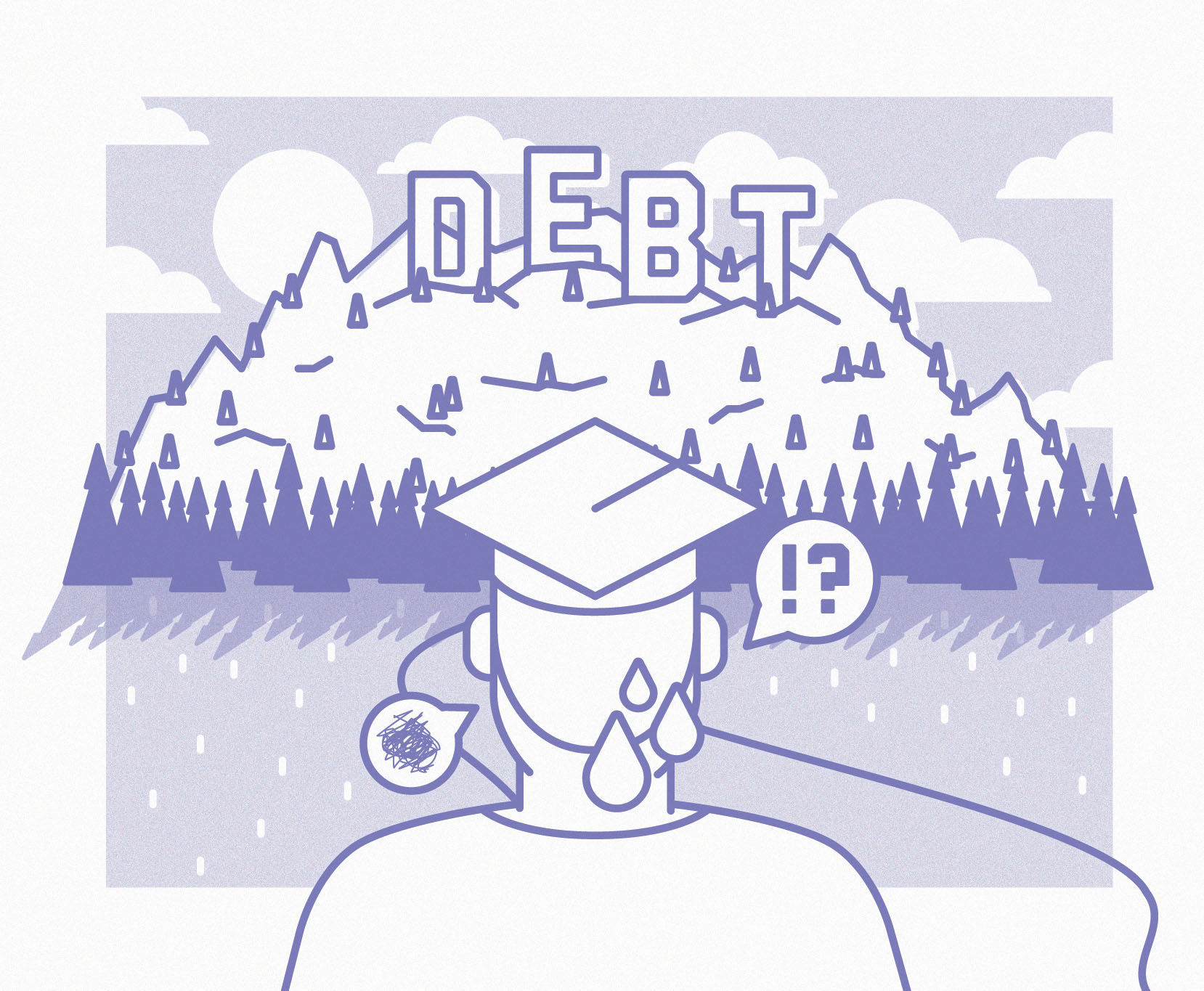WINNIPEG (CUP) — With the federal election well underway, one student organization has taken it upon themselves to get education issues on the table.
The Canadian Alliance of Students Associations launched their online campaign last week with the creation of Studentsneedtovote.ca, where students can find information on party platforms, voter information and how post-secondary education issues are being addressed during the election.
The website also features a blog and links to Twitter streams featuring the Liberal, Conservative, NDP, Bloc Quebecois and Green parties.
Zach Dayler, CASA’s national director, explained that while the campaign was motivated by CASA’s interest in increasing people’s understanding of the importance of investing in post-secondary education, “The main impetus for the site was to put something out there that had information resources.”
Dayler also noted the organization is hoping the campaign will act as a forum for students “to get their voice out” through social media platforms such as Facebook or Twitter.
“If students empty their pockets they’ll have an iPod, they’ll have some form of data phone, they’ll potentially have a laptop … they have these resources at their finger tips … we thought that was a great way to approach them, on a platform that they understand,” Dayler explained.
While the campaign is mainly based online, Dayler said CASA will be working with its 25 members across Canada to engage students face-to-face. He said they have put money aside for their members to possibly fund organizing debates on campuses or producing video content, if members decide to take them up on the offer.
“Social media is just one tool, it’s never going to replace the face-to-face communication on the ground,” said Dayler.
However, Jared Wesley, an assistant professor of political studies at the University of Manitoba, said he thought the focus of the campaign was misdirected, since university students are often more engaged and educated on political issues than the general population already.
“This whole idea that ‘let’s rock the student vote’ is actually counteracting a lot of efforts to get people that aren’t going to post-secondary education to vote,” he said.
Wesley argued the reason behind this is because student movements are often too focused on the issue of tuition.
“That’s not helping us to engage people through student politics,” said Wesley.
Wesley also pointed out that equating student issues with youth issues is hurting efforts to get young voters not attending post-secondary education involved in the election and that too often politicians only campaign on university campuses to get in touch with young people.
“Politicians are focused on middle-class families when it’s the lower-class families that are starting out, that don’t have an education that are not likely to vote,” he said.
“I realize it’s easy to campaign on campus, but it’s not solving the larger issue.”
Wesley has spearheaded his own initiative to get youth engaged in politics in light of the upcoming Manitoba provincial election in October. The project is comprised of series of academic lectures and public events entitled U2011, and a Facebook page titled “Vote Anyway,” which includes information on voting and issues in the provincial election.
“Our Vote Anyway initiative is trying to … reach out to people through social networks, not feeding them university literature, not talking about tuition, not talking about issues that we project on them as being important, but actually figuring out what is important to them.”
-30-



